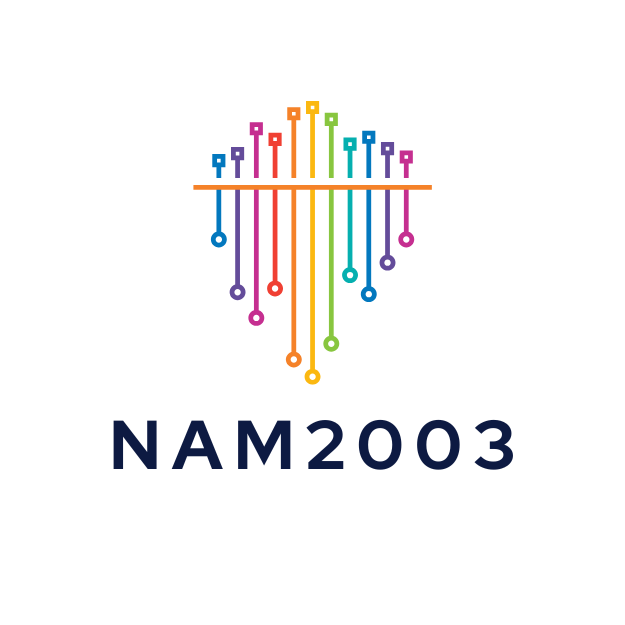Table of Contents
ToggleIn today’s tech-driven world, sustainability isn’t just a buzzword; it’s a necessity. Niklas Sundberg’s Sustainable IT Playbook for Technology Leaders serves up a roadmap for those ready to swap out wasteful practices for eco-friendly solutions. Imagine a world where tech leaders not only drive innovation but also save the planet—sounds like a superhero movie, right?
Overview of Sustainable IT
Sustainable IT plays a crucial role in environmental preservation while enhancing operational efficiency. It focuses on reducing ecological footprints within technology sectors.
Importance of Sustainable Practices
Sustainable practices are critical for addressing climate change and resource depletion. Technology companies face pressure from stakeholders and consumers to adopt eco-friendly strategies. Implementing energy-efficient systems and promoting recycling initiatives lead to lower operational costs. Additionally, companies that embrace sustainability often experience increased brand loyalty and competitive advantage. Evidence shows that organizations prioritizing sustainable practices see a significant shift towards responsible consumption.
Key Concepts in Sustainable IT
Several key concepts define sustainable IT. Energy efficiency involves utilizing renewable energy sources and optimizing equipment usage. Carbon footprint reduction requires measuring and managing emissions from technology operations. Waste management focuses on responsible disposal and recycling of electronic products. Furthermore, sustainable supply chains emphasize ethical sourcing and minimal environmental impact. By integrating these concepts, technology leaders can drive innovation while fostering a more sustainable future.
Niklas Sundberg’s Approach to Sustainability

Niklas Sundberg emphasizes a proactive strategy for integrating sustainability within the technology sector. His playbook delineates actionable steps for technology leaders to promote eco-friendly practices and innovate responsibly.
Core Principles of the Playbook
Energy efficiency stands central in Sundberg’s framework. This principle guides organizations toward leveraging technology that minimizes power consumption. Waste reduction comes next, where he advocates for implementing recycling programs and minimizing material waste. Further, carbon footprint management features prominently, encouraging companies to measure and actively reduce their greenhouse gas emissions. Lastly, fostering sustainable partnerships is crucial, where collaborations with environmentally conscious suppliers strengthen the entire supply chain.
Target Audience and Applications
The playbook targets technology leaders across various industries seeking sustainable operations. IT managers, sustainability officers, and operations executives can particularly benefit from its insights. It applies broadly to organizations looking to refine their environmental strategies and drive efficiency. Specific applications include data centers adopting energy-efficient practices and software companies implementing resource-saving technologies. Sundberg’s guidelines equip these professionals to align corporate objectives with environmental responsibility, benefiting both business and society.
Key Insights from the Playbook
Niklas Sundberg’s playbook offers vital insights for technology leaders seeking to integrate sustainability into their operations. It emphasizes actionable strategies and real-world applications for effective environmental responsibility.
Strategic Roadmap for Technology Leaders
Technology leaders can benefit from a clear strategic roadmap laid out in the playbook. This roadmap highlights the importance of aligning sustainability initiatives with corporate objectives. Steps include evaluating current practices, setting measurable goals, and engaging stakeholders in sustainability efforts. Leaders must prioritize energy-efficient technologies and actively seek out partnerships that align with sustainable values. Implementing these principles encourages a culture focused on innovation while reducing the organization’s carbon footprint.
Case Studies and Examples
The playbook provides several case studies showcasing successful implementations of sustainable practices. One prominent example includes a leading data center that achieved a 30% reduction in energy consumption through innovative cooling technologies. Another example features a software company that minimized its environmental impact by transitioning to cloud-based services, which save resources and promote sustainability. These case studies exemplify the real-world benefits of adopting eco-friendly practices, serving as models for organizations aiming to make meaningful changes in their operations.
Benefits of Implementing the Playbook
Implementing Niklas Sundberg’s playbook offers significant advantages for technology leaders. It enhances both environmental sustainability and business performance.
Environmental Impact
Adopting sustainable practices aligns with reducing the overall carbon footprint. Companies can achieve measurable emissions reductions by implementing energy-efficient systems. Waste management initiatives cut down on landfill contributions, promoting responsible disposal. Transitioning to renewable energy sources provides a cleaner alternative, positively impacting the environment. Investing in sustainable supply chains encourages responsible sourcing and significantly reduces resource depletion. Together, these actions contribute to a healthier planet for future generations.
Business Advantages
Integrating sustainability improves operational efficiencies and minimizes costs. Technology leaders experience greater brand loyalty from consumers who prioritize eco-friendly practices. Companies benefit from attracting investors interested in sustainable business models. Competitive advantage often increases as organizations distinguish themselves in a crowded market. Engaging in sustainability can lead to compliance with regulatory standards, avoiding potential fines. Furthermore, developing innovative solutions generates new revenue streams, supporting long-term profitability.
Niklas Sundberg’s Sustainable IT Playbook serves as a vital resource for technology leaders committed to fostering a greener future. By providing actionable strategies and real-world examples, it empowers organizations to integrate sustainability into their core operations. Embracing these principles not only aligns with environmental responsibility but also enhances business performance.
As technology leaders adopt these eco-friendly practices, they position themselves as pioneers in the fight against climate change. The benefits extend beyond compliance and cost savings; they cultivate brand loyalty and attract investors who prioritize sustainability. By taking proactive steps today, technology leaders can shape a more sustainable tomorrow, ensuring that innovation and environmental stewardship go hand in hand.







